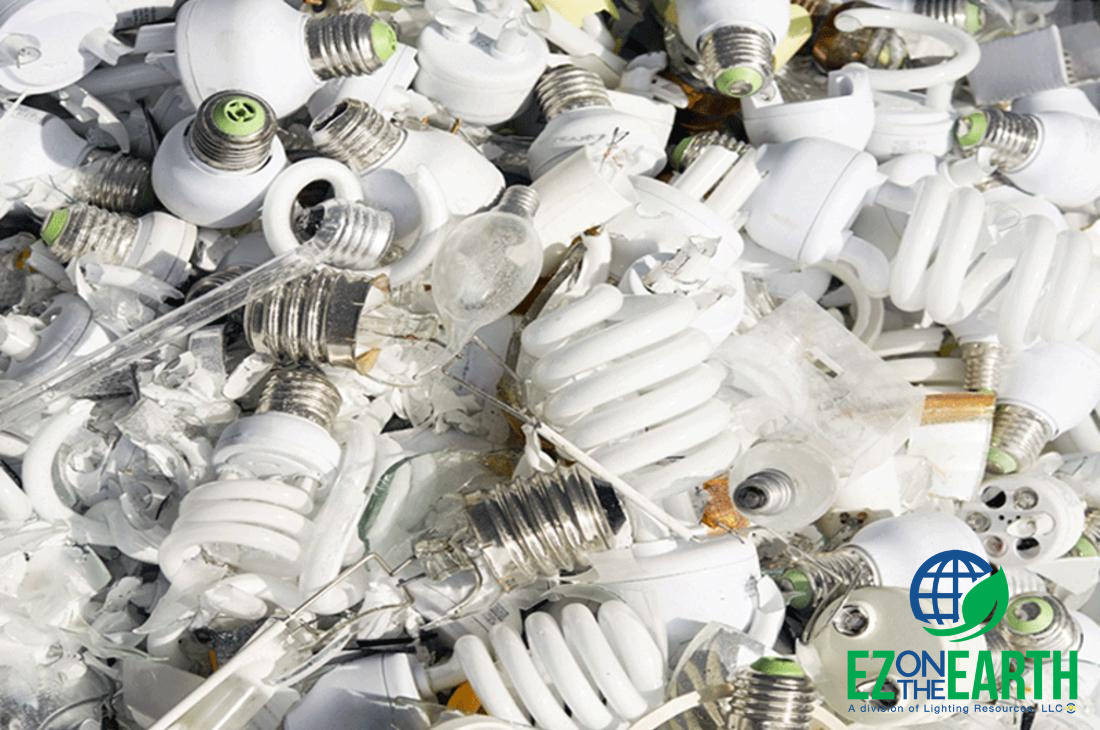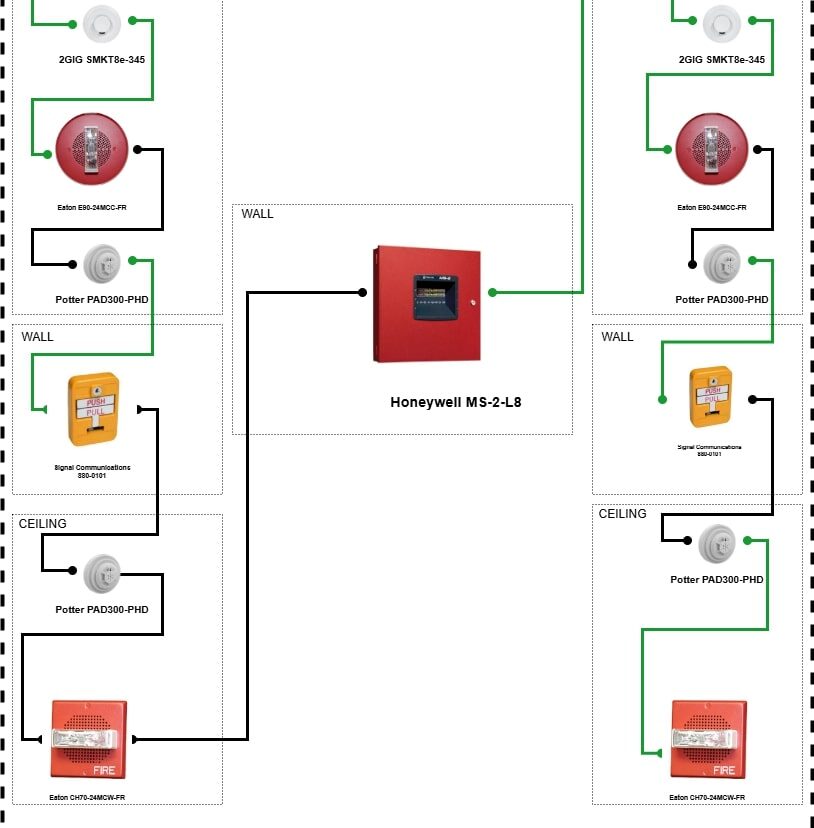Bulb Recycling Services: How to Dispose of Light Bulbs Responsibly
Light bulbs are a common household item that most people use daily, but when they burn out or break, they require careful disposal. Many bulbs, such as fluorescent tubes and compact fluorescent lamps (CFLs), contain small amounts of hazardous materials like mercury, which can be harmful to the environment and human health if not disposed of properly. To tackle this issue, a range of bulb recycling services has emerged to help consumers and businesses recycle their used bulbs responsibly.
This article will explore the importance of bulb recycling, the different types of bulbs that need recycling, and how bulb recycling services work.
Why Is Bulb Recycling Important?
Recycling bulbs is essential because many light bulbs contain materials that can be hazardous when they end up in landfills. Here’s why bulb recycling matters:
Do you want to visit Char Dham? Char Dham Travel Agent is the best place to plan your Char Dham tour. You can book the tour from here.
- Mercury Contamination
CFLs, fluorescent tubes, and other energy-efficient lighting options contain mercury. While the amount of mercury in each bulb is small, large numbers of bulbs disposed of improperly can lead to significant contamination of landfills and groundwater. Mercury is toxic to humans and wildlife, so recycling bulbs that contain this substance helps prevent environmental harm. - E-Waste Reduction
Light bulbs, especially LED and other electronic-based lighting options, contribute to the growing problem of e-waste. Electronic waste, or e-waste, is one of the fastest-growing categories of waste globally, and it contains valuable metals like aluminum and copper, as well as potentially harmful components. Recycling these bulbs ensures that their materials are repurposed rather than adding to e-waste. - Resource Conservation
Recycling bulbs allows for the recovery of valuable materials like glass, metal, and rare earth elements. These materials can be reused in new products, reducing the need for mining and manufacturing from scratch. This process conserves natural resources and reduces energy consumption.
Types of Bulbs That Need Recycling
Not all bulbs are created equal when it comes to disposal. Some contain hazardous materials that require careful handling, while others are simpler to recycle. Here’s a breakdown:
- Compact Fluorescent Lamps (CFLs)
CFLs are popular for their energy efficiency, but they contain small amounts of mercury. Because of this, CFLs should always be recycled to prevent mercury contamination. - Fluorescent Tubes
Common in commercial settings, fluorescent tubes are another type of bulb that contains mercury. Due to their length and fragility, they require special handling during recycling. - LED Bulbs
LED bulbs are more environmentally friendly than CFLs, as they don’t contain mercury. However, they still contain valuable metals and electronic components that should be recycled. - Incandescent and Halogen Bulbs
Traditional incandescent and halogen bulbs don’t contain hazardous materials, so some municipalities allow them to be disposed of in regular trash. However, these bulbs are still best recycled to reclaim materials like glass and metal.
How Bulb Recycling Services Work
Many bulb recycling services make it easy for both consumers and businesses to dispose of used bulbs properly. Here’s a look at how these services typically operate:
- Collection Programs
Many retailers, such as home improvement stores, offer in-store recycling bins for bulbs, especially CFLs and fluorescent tubes. These drop-off locations are convenient for consumers looking for a nearby recycling solution. - Mail-Back Services
Some bulb recycling companies offer mail-back services for bulbs. Customers can purchase a recycling kit that includes a prepaid shipping label and a specially designed box to safely transport bulbs. Once the box is full, it can be sent back to the company for safe disposal and recycling. - Business Recycling Programs
Many bulb recycling services cater to commercial clients, including offices, schools, and industrial facilities, which often use large numbers of fluorescent tubes and other bulbs. These services typically provide bulk recycling containers and arrange regular pickups for convenient recycling on a larger scale. - Hazardous Waste Facilities
Local hazardous waste disposal centers are another option for recycling bulbs. These facilities are often run by local governments and provide safe disposal services for residents. While not specifically a “bulb recycling service,” these facilities accept a wide range of hazardous household materials, including bulbs that contain mercury.
Benefits of Using Bulb Recycling Services
By using a dedicated bulb recycling service, you can help reduce environmental impact and promote responsible waste disposal. Here are some benefits:
Would you like to visit Indiar? A tour operator in India is the best place to plan your tour. You can book a tour from here.
- Environmental Protection: Recycling bulbs keeps hazardous materials like mercury out of the ecosystem, protecting water sources, wildlife, and human health.
- Resource Recovery: Recycling bulbs allows for the recovery of valuable materials, such as glass and metals, which can be used in new products.
- Reduced Landfill Waste: Recycling helps reduce the volume of waste going to landfills, contributing to a cleaner and more sustainable environment.
- Convenience: Many recycling services offer simple and convenient options, such as mail-back programs and local drop-off points, making it easy to recycle bulbs responsibly.
Tips for Safe Bulb Disposal and Recycling
If you plan to recycle bulbs, keep these safety tips in mind to ensure proper handling:
- Store Burnt-Out Bulbs Carefully
To avoid breakage, store burnt-out bulbs in their original packaging or wrap them in paper until you’re ready to recycle them. Broken CFLs and fluorescent tubes can release mercury vapor, so handling them carefully is essential. - Dispose of Broken Bulbs Properly
If a bulb breaks, especially one that contains mercury, ventilate the area and use a damp cloth to pick up the pieces. Seal the broken bulb in a plastic bag and bring it to a recycling center for safe disposal. - Check Local Regulations
Recycling laws vary by region, so check your local regulations to understand the requirements for bulb disposal in your area. Some areas may even offer free bulb recycling programs for residents.
Final Thoughts
Recycling light bulbs may seem like a small step, but it has a big impact on the environment. Whether you’re an individual or a business, utilizing bulb recycling services can help reduce pollution, recover valuable resources, and promote a more sustainable future. Next time a bulb burns out, remember to recycle it properly, taking advantage of local drop-off points, mail-back programs, or specialized recycling centers to ensure safe and responsible disposal.







